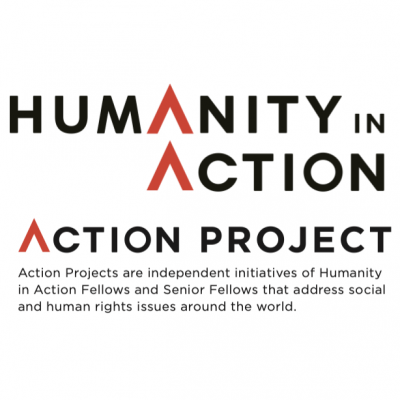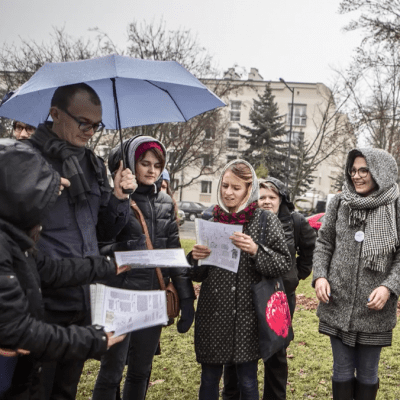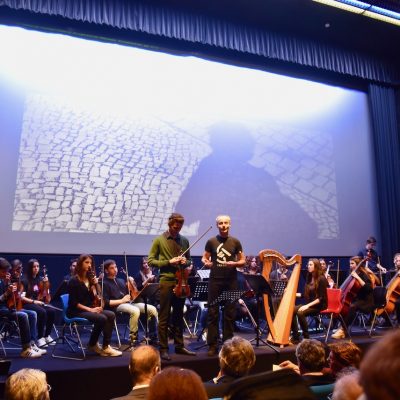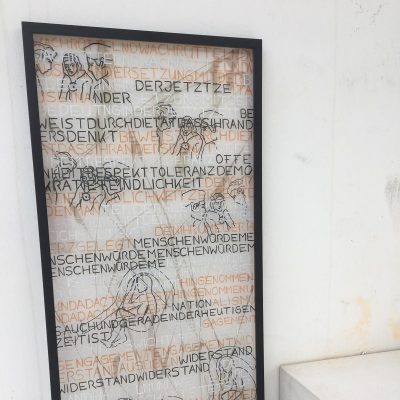Article
Fellow Miriam Mack grew up hearing stories from her grandfather about his experiences during World War II. It was only after his death, that she realized how unique his openness was. And how many stories remain to be told, especially those unknown by the very family members who need to hear them.
Whenever she talked with people her own age, especially in Euerfeld, she noticed a tremendous lack of knowledge on the truthful history of World War II. According to Miriam, “this seems to be a broader phenomenon in Germany due to the fact that historical education of World War II mainly takes place on a national, disaffected level. Therefore, the following generations seem only to dispose a limited knowledge of their local history, while they are complaining that their parents and grandparents never wanted to talk about their experiences during World War II.”
Upon further research in her home village, Miriam realized Euerfeld at large was no different. Few written documents of this time period can be found. Thus, many villagers possess gaps of knowledge about what actually took place during this time in their own home.
“I realized that due to the growing age of the witnesses of the war period something needed to be done to avoid that these stories sink into oblivion. This inspired me to interview the time witnesses of ordinary people in my village.”
In response, Miriam decided to film a documentary, showing the realities of daily life in Euerfeld during World War II. The film is divided into six chapters, such as school life, limitation of church services and guest workers. Six surviving witnesses provided testimony as to how the Nazi regime affected their daily lives.
“In the filming of the documentary, the witnesses allowed the youth of the village, including myself, to ask any question we had about our local history.”
The project began by calling for a group meeting of twelve teenagers, between the ages of 16 and 19 years old. In an interactive approach, Miriam led them to collect and compare data they could find written in or about Euerfeld as well as oral testimonies from their own grandparents. Afterwards, the group approached six survivors from World War II, four women and two men, who gave us insight as to their individual experiences during Nazi rule.
Through their collaboration, Miriam was able to raise awareness of the National Socialist regime amongst Euerfeld youth. However, she did not want to stop there. “Since I wanted to reach people of all ages, I set up two film screenings. The audience members including relatives of those recorded, other witnesses and interested locals. Through these discussions, we were able to spread knowledge about Euerfeld’s history in the time of national socialism and bring what often feels abstract in history to become more tangible.”
Due to the high level of interest demonstrated by those who attended the screenings, as well as those who were unable to, Miriam plans to publish the movie so that there is an official record of these villagers’ stories.




